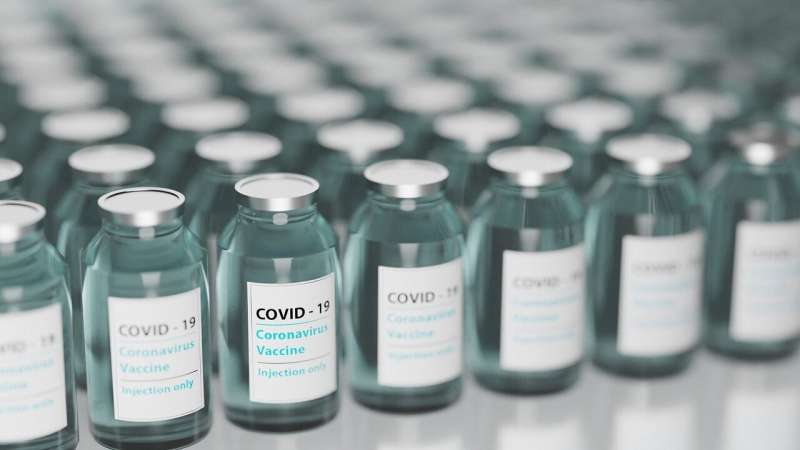Mass Recall of Apple Juice in Multiple States Due to Potential Toxin Contamination

In a recent safety alert, Martinelli's has announced a voluntary recall of approximately 173,616 bottles of their signature apple juice, distributed across 28 states. The recall pertains to 10-ounce glass bottles packaged in four-packs, identifiable by the best-by date of December 5, 2026, and UPC code No. 0 41244 04102 2. The concern arises from the potential presence of patulin, a toxin commonly associated with rotting apples, which could pose health risks.
Patulin is a harmful secondary mycotoxin produced by certain fungi that infect apples, especially those in advanced decay. Consumption of patulin has been linked to gastrointestinal and neurological issues, according to research published by the National Library of Medicine. While the FDA has classified this recall as Class II—indicating that using or being exposed to the affected product may cause temporary or reversible health effects—the risk of serious consequences remains low.
The affected products were sold in states including Florida, California, North Carolina, South Carolina, Missouri, Texas, Kentucky, Illinois, Georgia, Mississippi, Alabama, Arkansas, Arizona, Connecticut, Delaware, Iowa, Indiana, Kansas, Louisiana, Michigan, New Hampshire, New Jersey, New York, Ohio, Pennsylvania, Utah, Virginia, and Wisconsin. Consumers who have purchased these bottles are advised to return them to the point of sale for a full refund.
Martinelli's has reached out to its distributors via email but has not issued a widespread public press release about the recall. This precautionary measure underscores the importance of food safety regulations and consumer vigilance when it comes to products that may be contaminated with toxins. For further details, visit source.
Stay Updated with Mia's Feed
Get the latest health & wellness insights delivered straight to your inbox.
Related Articles
Analyzing Kennedy's Misguided Claims on mRNA Vaccines and Their Impact on Policy
Kennedy's claims about mRNA vaccines are scientifically unfounded and threaten to impact public health policies. Expert analysis clarifies the safety and efficacy of these vital vaccines amidst ongoing controversy.
Hypofractionated Radiotherapy Combined with Chemotherapy Shows Promise for Small Cell Lung Cancer Treatment
A new phase III trial shows that a three-week hypofractionated radiotherapy schedule combined with chemotherapy offers similar survival rates and fewer side effects compared to traditional treatment for LS-SCLC patients.
Are Ultramarathon Runners at Increased Risk of Bowel Cancer?
Emerging research suggests that extreme endurance athletes, like ultramarathon runners, may face a higher risk of precancerous bowel lesions. This highlights the importance of caution, symptom vigilance, and appropriate screening in high-volume endurance sports. Source: https://medicalxpress.com/news/2025-08-ultramarathon-runners-bowel-cancer.html
FDA Collaborates with Border Authorities to Intercept Large Quantity of Illegal E-Cigarettes
The FDA and U.S. Customs teamed up in a major operation to seize nearly 2 million illegal e-cigarettes imported from China, valued at over $33 million, highlighting ongoing efforts to combat unregulated vaping products entering the U.S. market.



